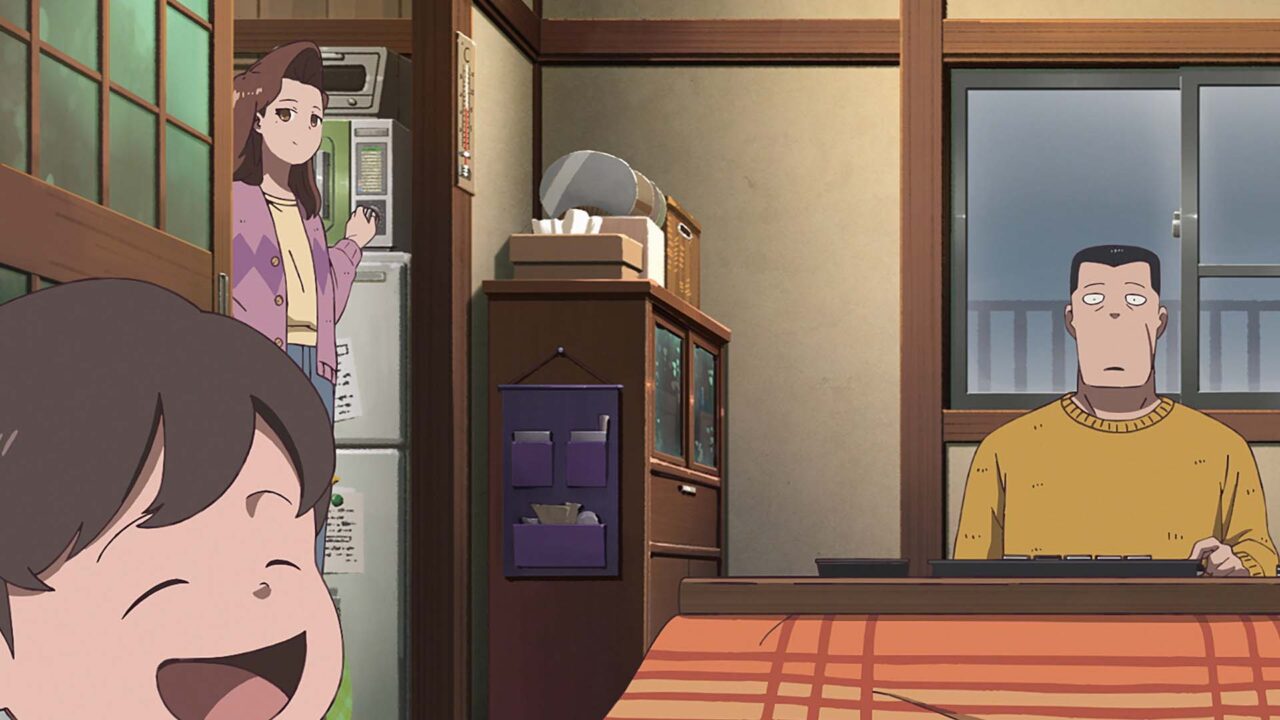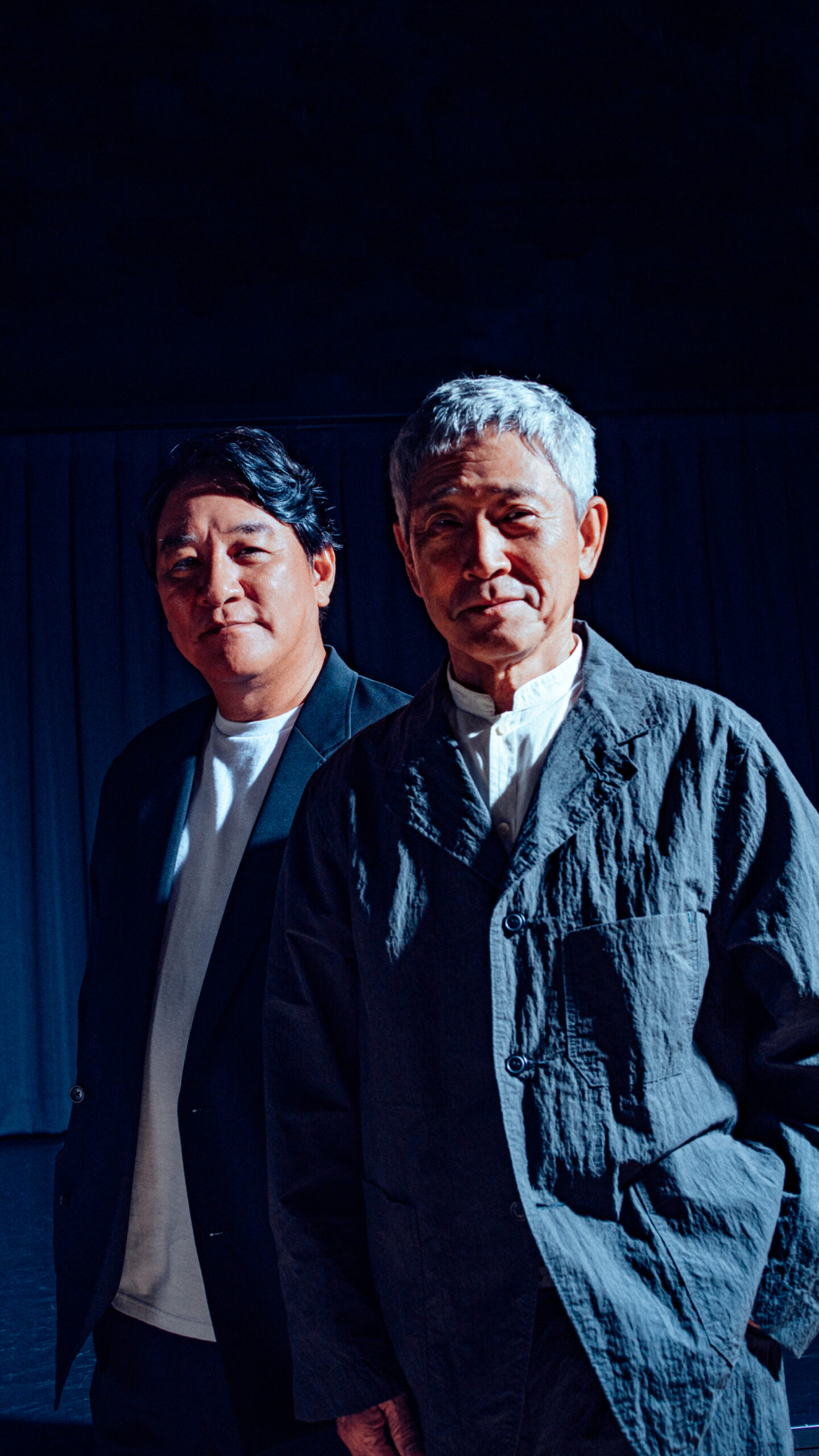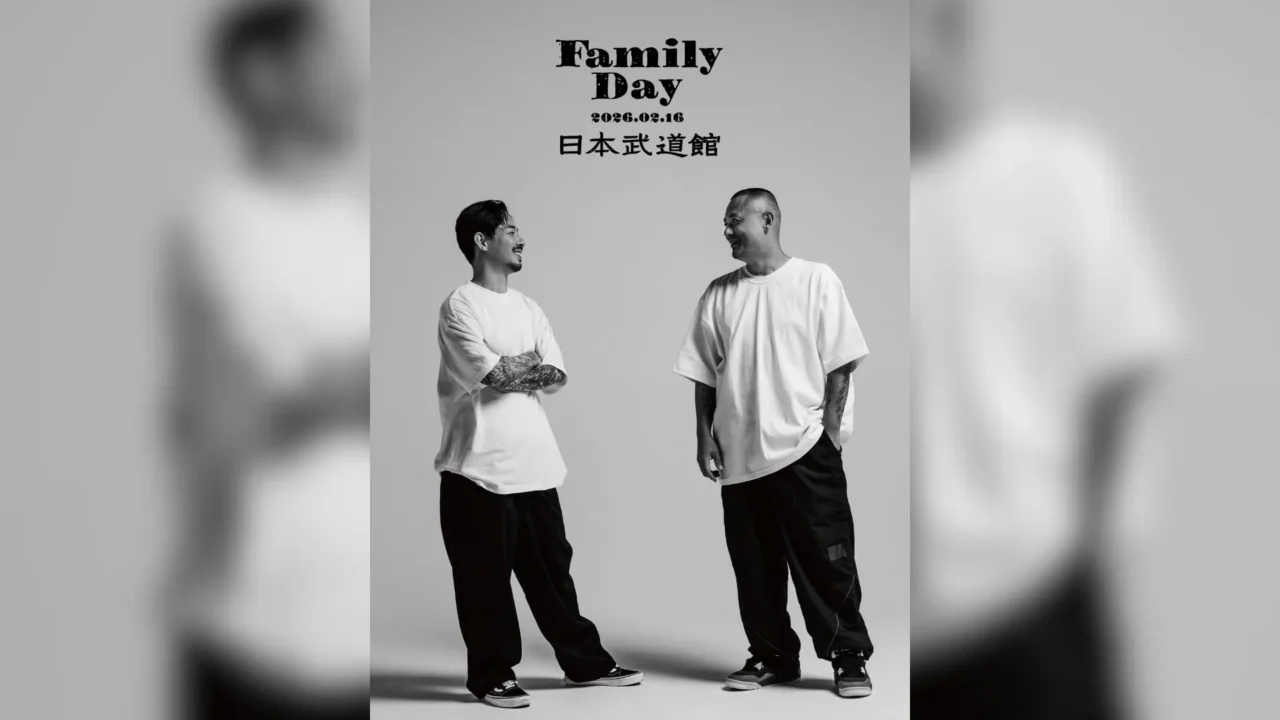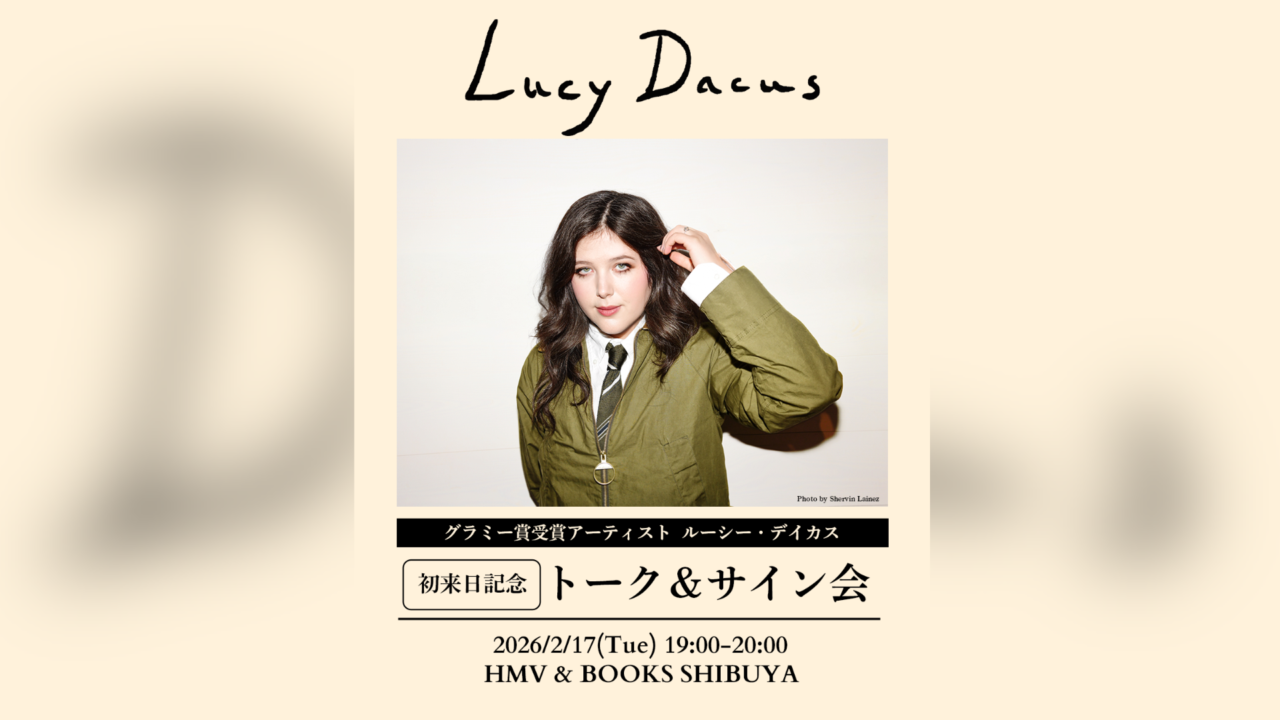INDEX
Human Warmth and Love Beyond the Numbers in a Cost-Conscious Era
When I watched the film, I was struck by how Akutsu’s life as a yakuza is portrayed without judging it in terms of good or evil. Kobayashi-san, how did you receive this story?
Kobayashi: This is just my personal interpretation, but I felt that in its depiction of selfless love, this film is reminiscent of The Life of Matsu the Untamed (※). The Last Blossom seems to be exploring the idea of “selfless love” that existed in people of the past, at a time when today’s society is increasingly focused on profit and numbers. There was a period when devoting yourself to something that wouldn’t make money—and protecting it for your whole life—was considered noble, even if it now seems like a fantasy. That spirit is present in Akutsu as well. I think the film draws on values seen in older movies, and if young people watching The Last Blossom find that perspective fresh, then I have to say the director and creators have done something remarkable.
*A novel by Shunsaku Iwashita depicting the life of Muhōmatsu, a rough rickshaw man, and his interactions with the widow of a friend who died suddenly and her young son. It was adapted into films four times between 1943 and 1965.
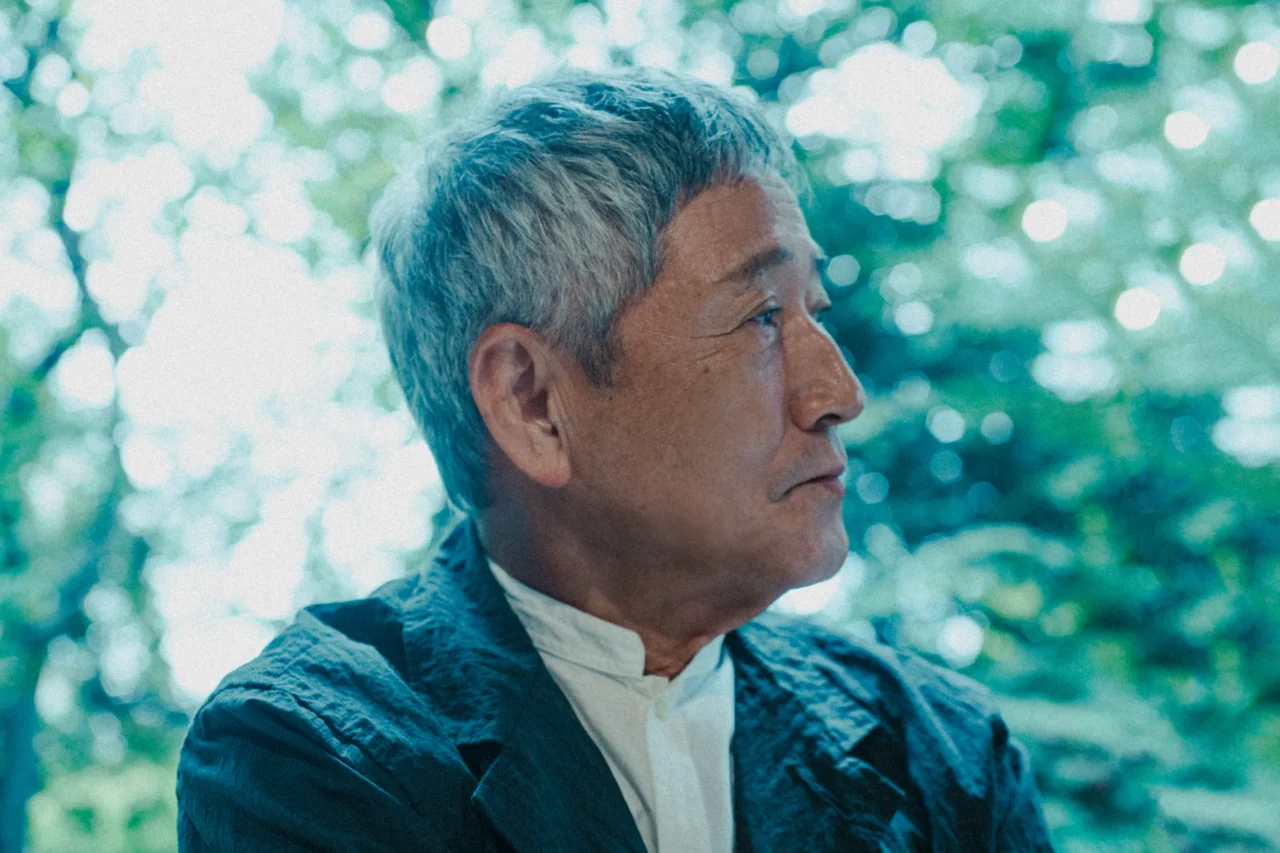
The film is set in 1987, at the dawn of the bubble economy, which feels very symbolic.
Kobayashi: Exactly. When you experience today’s mindset—where if you can’t make money, you’re worthless — you realize there used to be a sense of appreciating beauty, admiring things for their own sake. If this film presents that, then I think it’s quite a bold endeavor.
Pierre Taki: Nowadays, YouTubers live in a world where it’s all about views. Numbers are what matter; feelings don’t count. Numbers are justice. Somehow, society has shifted that way. The sense of “giri” (duty or honor) in an old-school yakuza like Akutsu, or the clumsy way someone might pursue a love that will never succeed—these are virtues humanity has left behind. I feel this film is asking, “Do we really want to lose that?”
It’s a story that focuses on small, ordinary moments: walking through the grass with someone you love and feeling joy, noticing a flower blooming in the garden and seeing its beauty, hearing the hum of a microwave overlap with the sound of tape being peeled and thinking it sounds like music. It emphasizes the beauty in daily, mundane life. From there, it makes sense that there would also be acts guided by “giri” or human warmth. That’s why it feels so unlike anything being made today. You don’t see films like this now, do you? [laughs]
